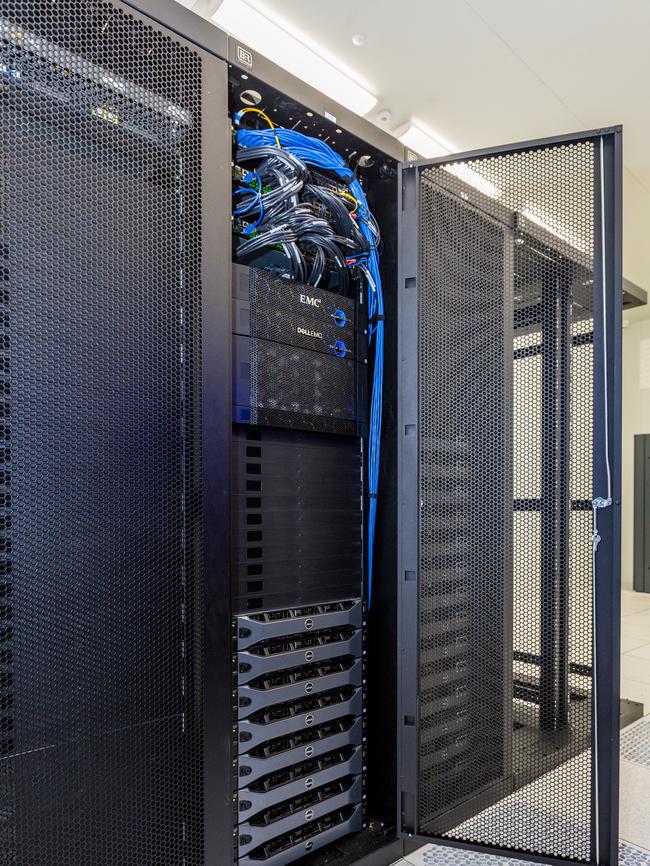Artificial intelligence to be used in Adelaide research to spot, predict cancer in human trials
ADELAIDE researchers are set to use artificial intelligence to predict cancers in a world-first human trial.
- Robo-pocalypse: Rise of the machines, and they save lives
- Droids to replace two out of every five SA jobs within 10 years
- AI predicting people’s lifespan by browsing images of their organs
- AI probing health records to alert South Australians at risk
ADELAIDE researchers are set to use artificial intelligence to predict cancers in a world-first human trial.
A University of Adelaide team working with the Australian Institute of Machine Learning have developed “superhuman” AI to spot and track cancers and hope their next step is human trials — and the ability to predict cancers years before a human doctor could spot them.
They are using the anonymised data of 320,000 records from BreastScreen SA to teach a machine how to see patterns a human might miss.
Researchers tested the machine against a group of radiologists and doctors and it came out on top, with almost 100 per cent accuracy.
The “deep learning” technology now being used for medical images was developed for applications including driverless cars and Apple iPhone’s Siri.
Professor Lyle Palmer, a University of Adelaide Genetic Epidemiology Professor, is in charge of the project.

He said it could ultimately be able to predict the very start of life-threatening diseases, such as heart disease and cancer.
Before that, it will be able to more accurately diagnose cancer, driving down the number of women who have to be called back in for more tests.
“One of the issues at the moment is that we recall about 5 per cent of women who are screened and very few of them actually have breast cancer,” Prof Palmer said.
“So we’re spending a lot of money and it’s terrifying for the women who have to come back in.
“Our longer term aim is to better diagnose cancer at the time of screening and potentially provide prognostic information … hopefully we’ll be able to predict (potential cancers).”
Prof Palmer said the AIML was one of the top three institutes of its type in the world and that the BreastScreen SA database was the best of its kind in the world.
That sets this project up to be the first in the world to have the AI working alongside doctors.
“Even the best human doctor … is substantially less accurate,” he said, saying that makes the AI “unequivocally superhuman”.
He said they are hoping to get the next trials underway and have the technology out within four or five years.
“In the whole world in this area of trying to make AI improve medicine, no one has ever done a clinical trial,” he said.
“That will absolutely be a world first.”
The mammoth amount of data is stored with eResearch SA, a body run by the three SA universities to deal with “not-normal IT”.
ERSA chief executive officer Mary Hobson said they make “weird and complex” research possible.
“It’s all the stuff that is not desktop. We run what is effectively a supercomputer,” she said.
“We also run a specialist research cloud, and those two things are linked together to give much greater capability. We have massive amounts of data storage.”
ERSA is also trying to map the landscape of digital innovation in SA, starting with a series of workshops from Wednesday.

